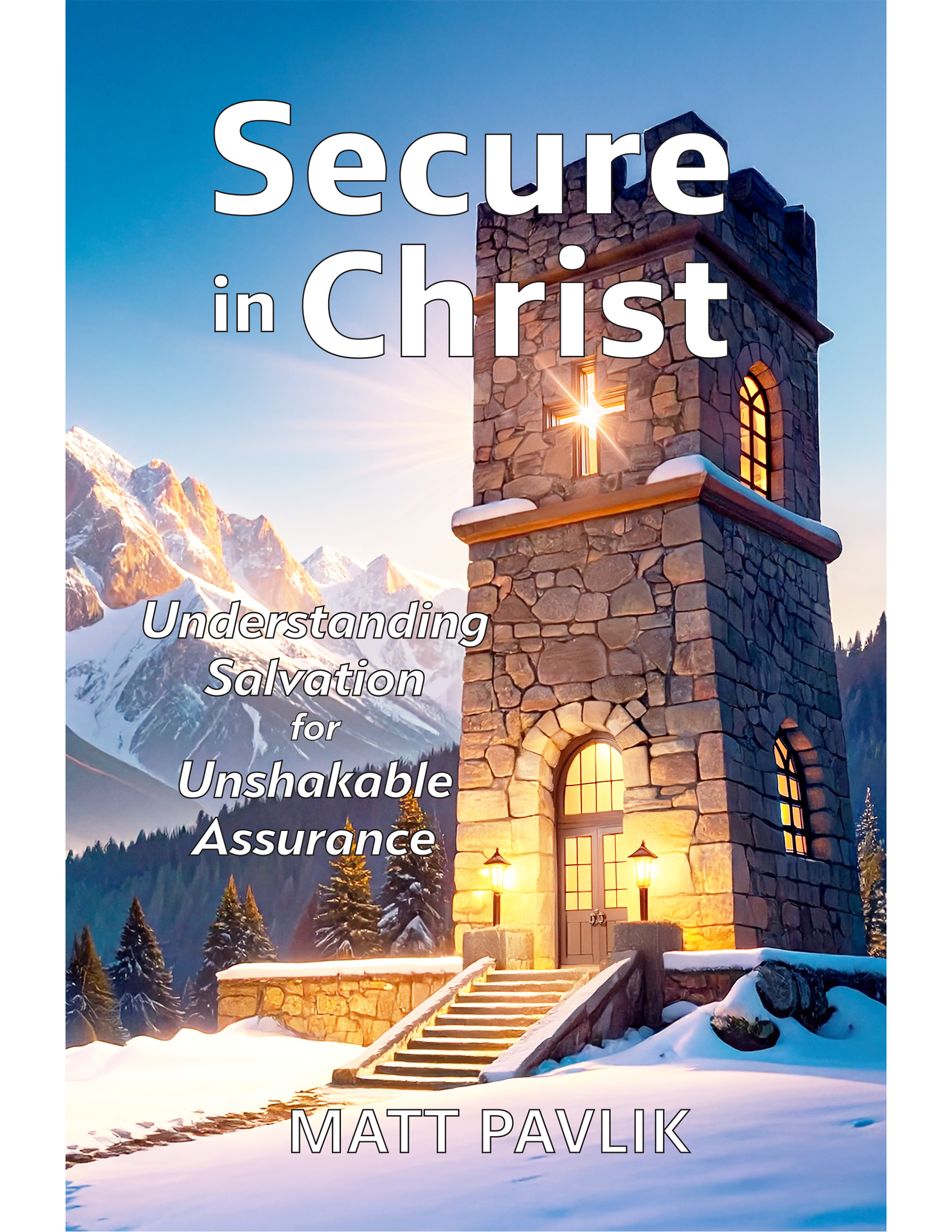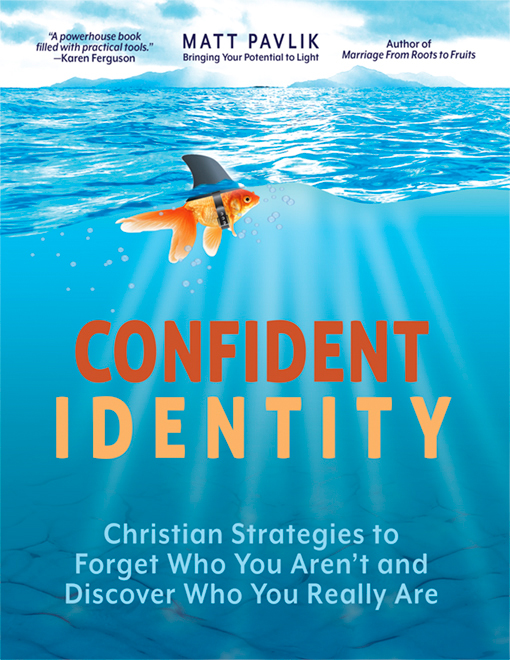How do you know when you are lacking in self-care? When you are in a state of Dis-Ease. How can you move from disease to ease?
Consequences of Poor Self-Care
A major effect of poor self-care is losing awareness of what you are feeling, usually before it is too late. When you are tired, hungry, overly stressed out, or in bad physical shape, you may be more emotionally reactive. For example, think about a time when you were feeling overwhelmed with your circumstances. Was harder for you to manage your emotions? Did you snap at people who did not deserve it? Did you start crying for no apparent reason? Were you overly anxious and not sure why?
If you answered “yes” to any of these questions, then you likely were so disconnected from your feelings, that you reacted more strongly to a situation that warranted. This results in feeling confused by your display of emotion. Having poor self-care habits will interfere with responding to a situation in an appropriate manner.
The following is a partial list of symptoms to help you identify if you need better self-care:
- Diminished concentration
- Confusion
- Questioning the meaning of life
- Questioning prior convictions
- Apathy
- Rigidity
- Self-doubt
- Memory problems
- Powerlessness – helplessness
- Shutting down – numbness
- Hypersensitivity
- Sleep disturbances
- Appetite changes
- Negative coping (alcohol, drug, or other substance misuses)
- Increased conflict
- Difficulty breathing
- Twitches
- Chest pain
- Headaches
Greater Awareness – The First Step to Better Self-Care
What is the opposite of self-care? Self-injury. We can harm ourselves by either staying in harm’s way (enduring abuse) or staying away from loving care (enduring neglect). Sometimes we don’t have a choice. We must complete a task – or – we are too young or weak to escape. How do we survive when faced with ongoing harm? If we must walk through harm’s way long enough, we will desensitize ourselves. We will ignore or forget about the pain and symptoms.
As adults, we usually have a choice. Why do so many forgo self-care? It is simply a matter of priorities. We can say we are committed to our ideals, but our true priorities are revealed by what we do. There is a tradeoff between speed and efficiency, accomplishment, and longevity. We can accomplish a lot more (in the moment) when we are disconnected from our feelings. But, long-term our bodies will deteriorate and chances are, we will die sooner.
Better self-care starts with a better awareness of our bodies. We’ve all been to the doctor for a check-up. When was the last time you did a self check-in? A check-in is simply sitting quietly to sense what is happening in your body and reconnect what has become disconnected. Ask yourself the following. What am I feeling in my body? Where am I feeling it? Why might I be feeling it this way? Consider these three areas:
- Sleep: do I feel exhausted or rested and refreshed?
- Food: do I feel weak and lethargic or strong and energetic?
- Maintenance: am I in pain and carrying tension (disease) or am I relaxed and at ease?
Many people think of self-care as a luxury when God intended us to always care for ourselves. Chronic denial of self-care is an indication of a deeper issue. At New Reflections Counseling, we provide a safe place for you to “tune-in” and understand what is happening. If you want help with self-care, contact us at New Reflections Counseling. If it is okay to go to the gym or doctor for physical health, then it is okay to go to a counselor for your emotional health.
Reflections
On an airplane, an oxygen mask descends in front of you. What do you do? As we all know, the first rule is to put on your own oxygen mask before you assist anyone else. Only when we first help ourselves can we effectively help others. Caring for yourself is one of the most important—and one of the most often forgotten—things you can do as a caregiver. When your needs are taken care of, the person you care for will benefit, too.
What is your oxygen mask? What will help you breathe easier? What actions do you need to take for better health?
Resources
Luke 10:27
And he answered, “You shall love the Lord your God with all your heart and with all your soul and with all your strength and with all your mind, and your neighbor as yourself.”
Read the entire passage on Bible Gateway
Matt Pavlik is a professional counselor, author, and devoted follower of Christ. With decades of experience in Christian counseling, he writes with theological depth and everyday clarity. His resources—centered on salvation, identity, marriage, and emotional healing—are anchored in Scripture and guide believers to discover the freedom of their identity in Christ and the security of their salvation in Him. He and his wife Georgette, married since 1999, live in Centerville, Ohio, and have four adult children.



[…] is time to consider your needs. You can take care of yourself even if you were […]